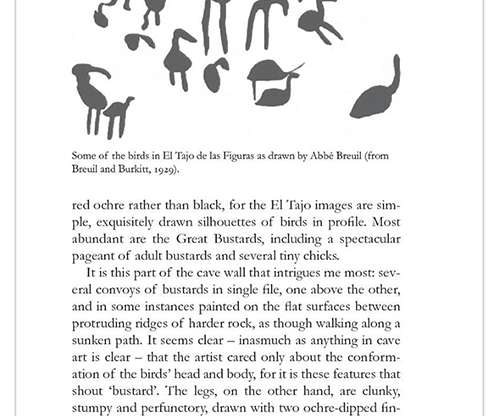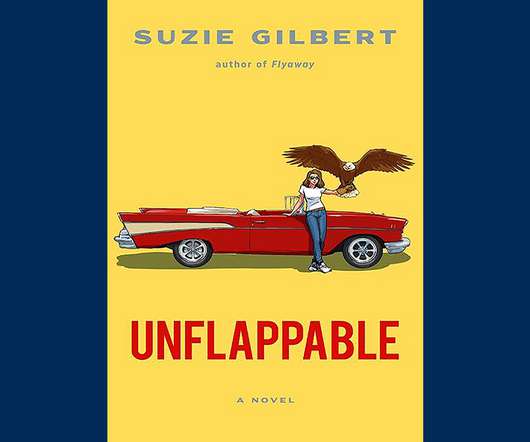The North American Model of Wildlife Conservation and Who Pays for It
10,000 Birds
DECEMBER 17, 2014
But the tenets of the North American Model were developed in the 19th century, when wildlife ethics and science were a mere glimmer of what we understand today. Now, in 21st century America, we’re entertaining new considerations, in keeping with our modern understanding of wild animals and conservation.















Let's personalize your content